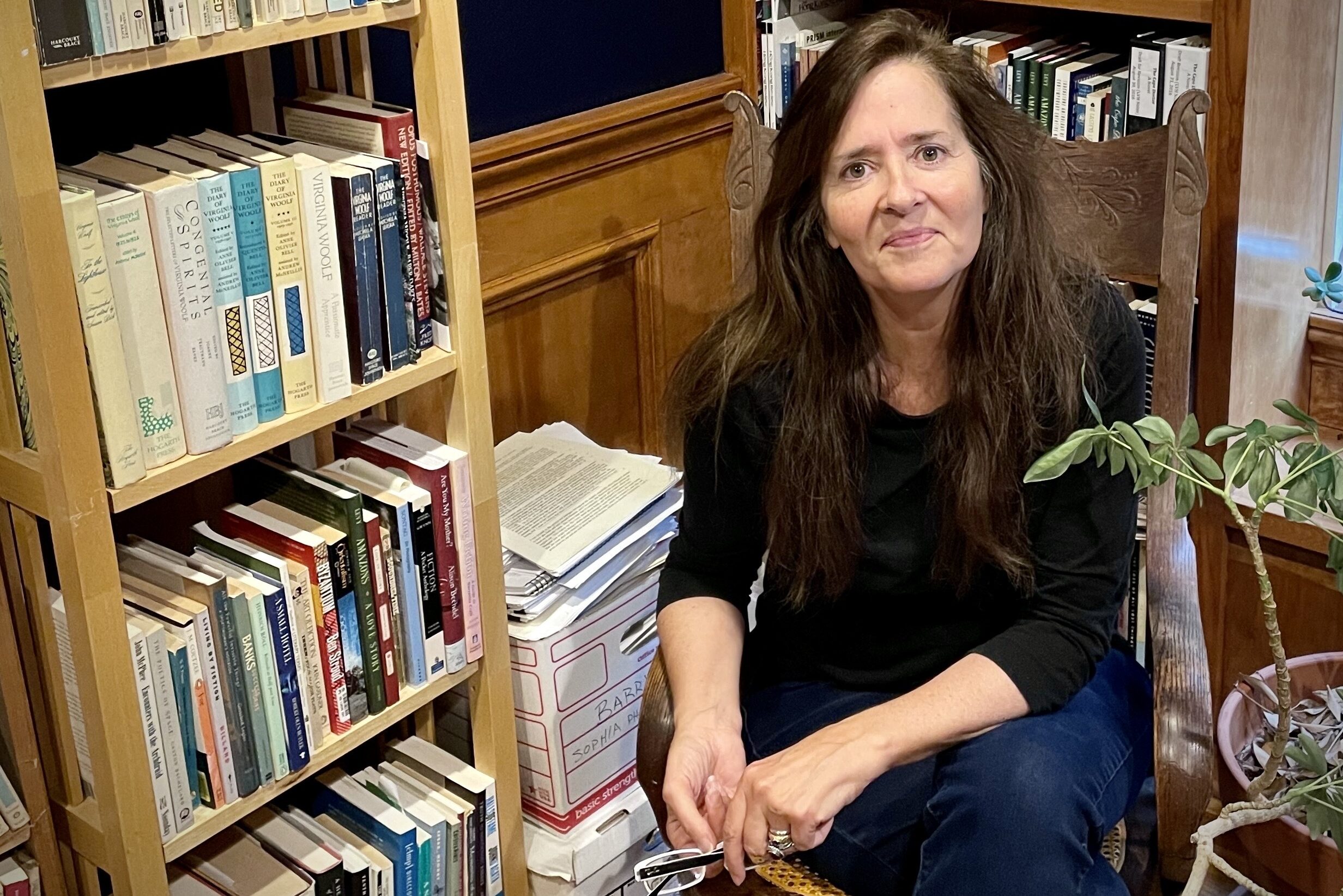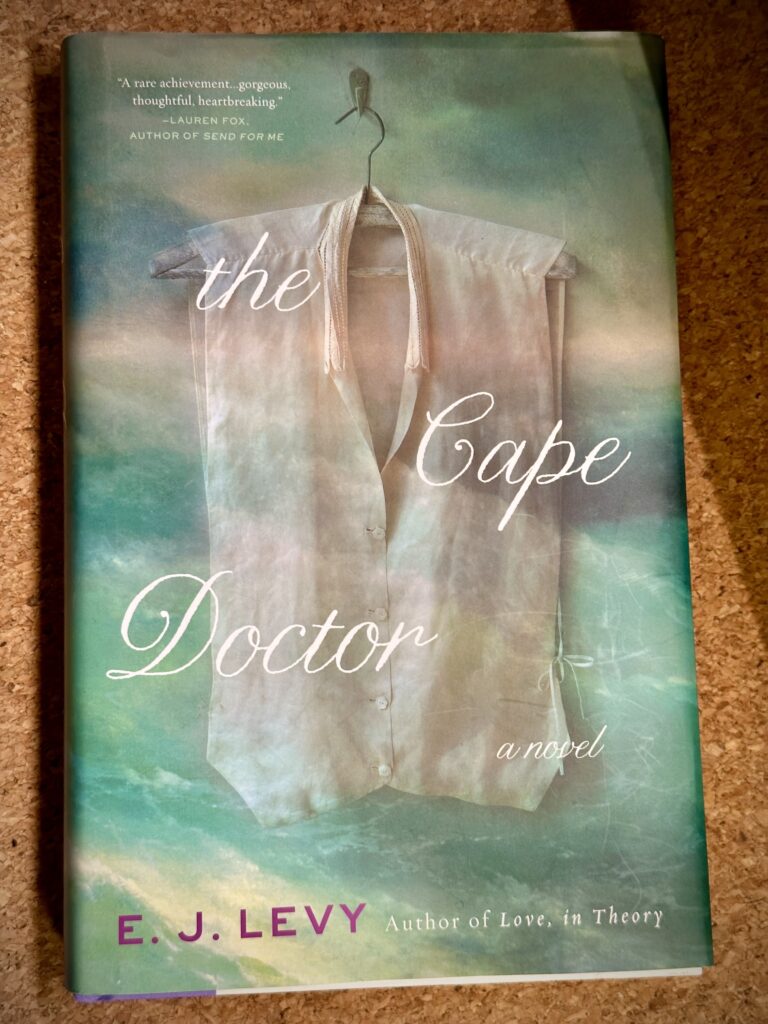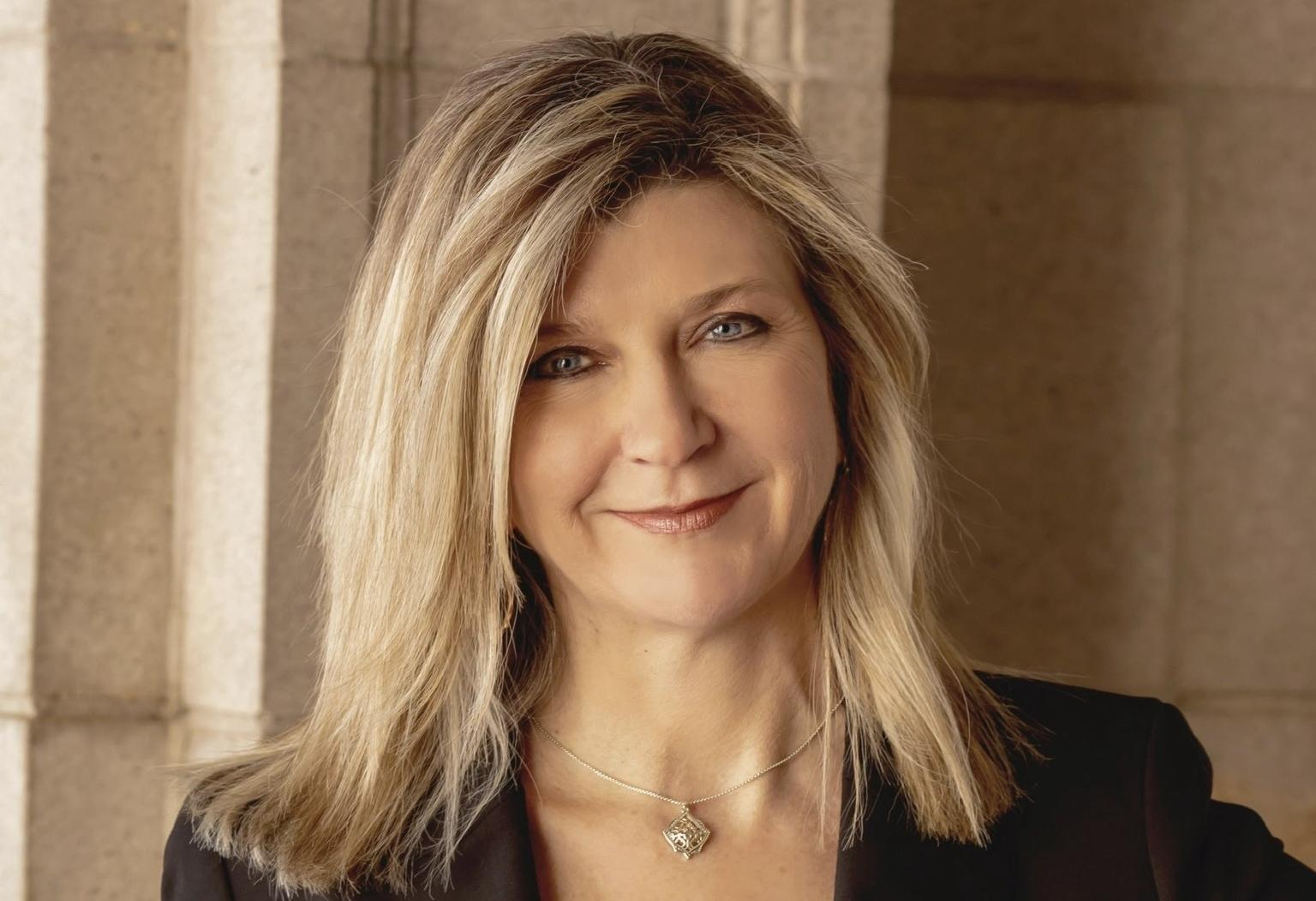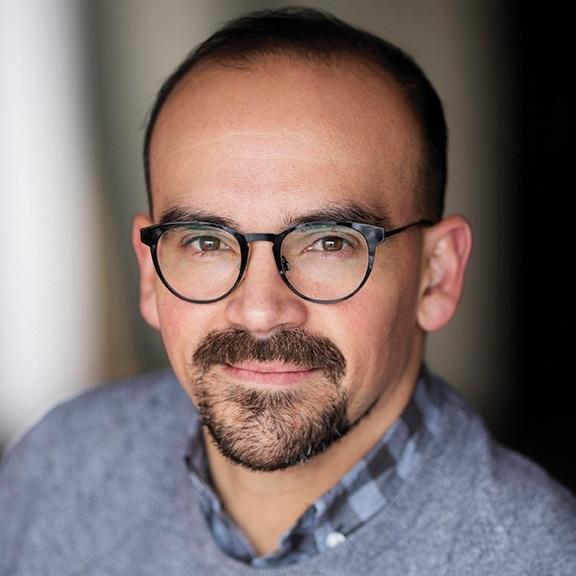
Writer E.J. Levy says the opening lines of “The Cape Doctor” — a book that recently won her the Colorado Book Award for historical fiction — came to her verbatim when she read two lines in a guidebook. It was about a 19th century army surgeon who performed the first successful cesarean section recorded in Africa.
“And as I toured around Cape Town, I just felt a little ensorcelled, really kind of under a spell. And [I] took notes on what I thought Dr. Barry might have thought of plants, of the prison, of hospitals, of the castle where soldiers were housed,” said, Levy, an associate professor of English at Colorado State University. “And when I returned home, I ordered the one biography that I knew of by Rachel Holmes, which had come out in the States around 2000, and found that many of my imaginings proved to be quite eerily accurate. And so I felt emboldened to follow the spell.”
The life of Dr. James Miranda Barry, born Margaret Anne Bulkley around 1790, inspired Levy during a trip to Cape Town to write the book. “The Cape Doctor” is based on the life, or rather inspired by, the life of Barry, but it's not Barry’s name in the book.
In Levy’s novel, Barry becomes Jonathan Perry; Lord Somerset becomes Lord Somerton. Margaret Anne Bulkley becomes Margaret Brackley.
“I wanted to retain Margaret's name because I think hers is a name that should ring through history,” Levy said.
In the book, Levy addresses the character’s relationship with his previous life.
“She died. So I might live. Margaret. I owe her my life. Not a day goes by when I don't think of it. Of her. As not a day goes by when I don't think of him. She died. So I might live. But isn't that the lot of women to sacrifice as our Lord was said to have done. Few speak of Mary's sacrifice, of course; that we are to assume was exceptional. To martyr oneself for others is the expected lot of mothers and daughters. It's rarer in sons, except in war. So naturally given the choice I chose to be a son, given the choice who would not?”
The topic of what historical fiction is — and who may make it — is squishy. Levy quotes Boulder-based Megan O’Grady when defining historical fiction:

“‘Historical fiction arises out of the belief that it is possible to tell stories about a vanishing past, that bear on the immediate present, forged at the place where the archives end and the author's imagination begins,’” Levy quotes O’Grady. “Historical fiction is born of a desire to hit the pause button to ‘awaken the dead and make whole what has been smashed.’” - Walter Benjamin.”
For “The Cape Doctor,” Levy dove into research to immerse herself in the world of the 1810s and 1820s. The research went beyond facts, Levy said, instead opting also for “narrative research — rereading books by Mary Wollstonecraft, by Jane Austen, by political theorists at the time, to get the tone to try to tune up my language.”
The research gave her good perspective to delve into the thoughts of her characters.
“When I read about the accounts of those who after Barry's death said ‘Barry was an imperfectly formed man,’ or ‘I always knew she was a woman,’” Levy said. “When I read those things, I noted them down, but at the same time, from them sprung a response in my character's voice in my head.”
Levy noted the response in her book:
“I will be dead less than a month when the debates will begin over my body. Partisans, taking sides as if I were a bill in parliament, a horse on which to wager .…They claim to have studied my case, speaking of me as if I were a patient to be cured, declaring with proprietary authority that I was an imperfectly developed man, a man in a female body. How else to explain my success. They debate my corpse as if it were a question, a riddle. Does it matter? Why can't we get over the body? Give it a rest. We are measured by our works in the world for better or for worse, the honor we do outlasts and outlives us, weighs in the scales of time far more heavily than do our bones.”
For Levy writing “The Cape Doctor” raised questions about sex and gender — as well as the labels people apply to others and themselves, the nature of identity, and the price of ambition.
“All these things arose naturally, not self-consciously. I think out of the story of this remarkable life, I think [it] speaks to our time powerfully, both in terms of the medical work that Dr. Barry did, the attention to those at the medical margins, the social margins, and how that gets translated into unfair access to health care,” Levy said. “Barry's life is such an important one as is Margaret …. And my hope is that the book may bring attention to this life, to this really remarkable life and legacy. This trailblazer.”
Similar figures such as Anne Lister and Francis L. Clayton might be more familiar to many readers than Barry, but Levy hopes this book can be part of changing the present narrative.
“I think there are a lot of people, feminists, people in the trans community, historians, biographers of various sorts who are beginning to pay attention to Margaret Anne Bulkley and James Miranda Barry,” Levy said. “And I hope that my novel is an addition to that.”
This post has been corrected to reflect the correct name of Margaret Brackley, one of the characters in "The Cape Doctor."









